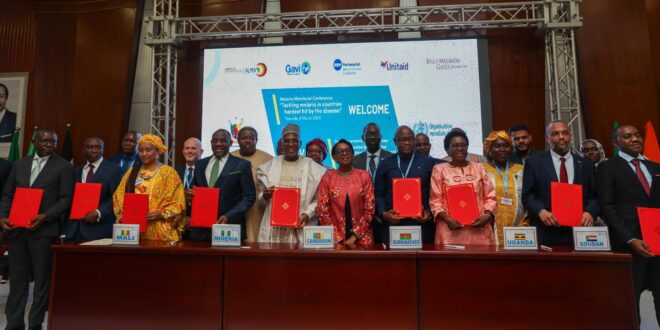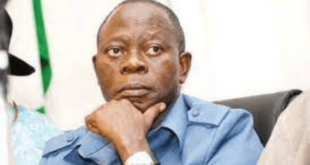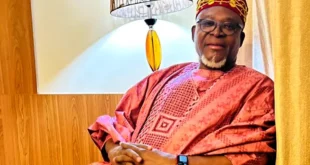In a major step forward in the fight against malaria, African health ministers from the countries with the highest burden of the disease have committed to accelerated action to end malaria deaths.
The World Health Organization (WHO) announced this significant development on Wednesday.
Ministers of Health from Burkina Faso, Cameroon, the Democratic Republic of the Congo, Ghana, Mali, Mozambique, Niger, Nigeria, Sudan, Uganda, and Tanzania gathered in Yaoundé, Cameroon, to sign a declaration that outlines their commitment to reducing the devastating impact of malaria in the African region.
The declaration includes stronger leadership and increased domestic funding for malaria control programs, further investment in data technology, and the application of the latest technical guidance in malaria control and elimination.
The ministers also pledged to enhance malaria control efforts at the national and sub-national levels.
In the declaration, the ministers also committed to increasing health sector investments to bolster infrastructure, personnel, and programme implementation; to enhance multi-sectoral collaboration; and to build partnerships for funding, research, and innovation.
The WHO Regional Director for Africa, Dr. Matshidiso Moeti, emphasized the urgency of addressing the burden of malaria in the region, stating that “malaria continued to cause preventable deaths in children and great devastation to families across our region.”
She also stressed the importance of a strong political will to reduce the burden of this deadly disease.
The “high burden, high impact” approach, launched by WHO and the RBM Partnership to End Malaria in 2018, will be a cornerstone of the efforts to accelerate progress in countries hardest hit by malaria.
The approach is founded on four pillars: political will, strategic information, better guidance, policies, and strategies, and a coordinated national malaria response.
Despite the progress made against malaria in recent decades, the global response has stalled since 2017 due to factors such as humanitarian crises, low access to health services, climate change, and funding gaps.
In 2022, only $4.1 billion was available for malaria response, just over half of the needed budget.
With renewed urgency and commitment, African health ministers are determined to put malaria progress back on track and work towards a future free of malaria.
Subscribe to the Advocate News letter and receive news updates daily in your inbox.
 Advocate.ng Latest news update on politics, entertainment, sport and more
Advocate.ng Latest news update on politics, entertainment, sport and more




